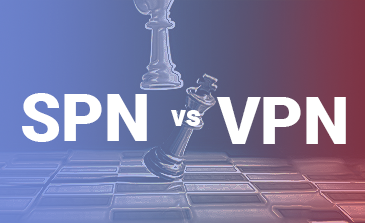

I just think this is patently false. Or at least there are/were orgs where cloud costs so much more than running their own servers that are tended by maybe 1 FTE across a bunch of admins mostly doing other tasks.
Let me just point out one recent comparison - we were considering cloud backup for a couple petabytes of data, with a few hundred GB changing or adding / restoring every week or less. I think the best deal, where we held the software costs equal was $5/TB/Month.
This is catastrophically more expensive over a 10 year lifespan of a server or two and a small/mid sized LTO9 tape library and tapes. For one thing, we’d have paid more than the server etc in about a year. After that, tape prices have always tended down over time, and the storage costs for us for tape is basically $0 once in archive storage. We put it in a cabinet in another building - and you can fit A LOT of data in these tapes in a small room. That’ll cost basically $0 additional for 20 years, forget about 10. So let’s add in electricity etc - I still have doubts those will be over ~$100k over the lifetime of the project. Labor is about a wash cause you still need people to manage the backups to the cloud, and I think actually moving tapes might be ~.05 FTE in our situation. Literally anyone can be taught how to do it once the backup admin puts the tapes in the hopper or tells them which serial # to put in the hopper.
I also think that many companies are finding something similar for straight servers - at least it was in the news quite a bit for a while. Now, if you can be entirely cloud native - maybe it washes out, but for large groups of people that’s still not possible due to controlling hardware (think factory,scientific, etc)or existing desktop software for which the cloud isn’t really a replacement and throughput isn’t great (think Adobe products, video, scientific, financial etc data).






It needs to be more trustworthy. If I have to double check everything, I still have to figure out how to do whatever it’s doing, then figure out how it’s doing the thing, then verify if it did it right. By then, I could have just done it in step 1.5 probably.